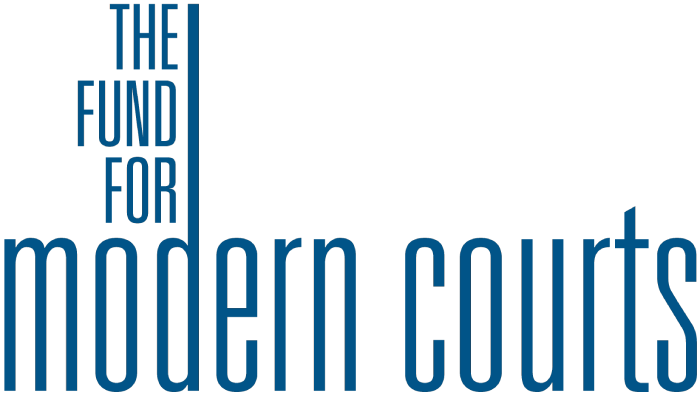New York Law Journal, April 1, 2003, Tuesday
by John Caher
ALBANY – The continuing debate over common law-based adjudication versus textualism and originalism was spotlighted yesterday, when retired Court of Appeals Judge Howard A. Levine argued passionately for an evolutionary rather than revolutionary approach to jurisprudence.
Judge Levine, long considered an intellectual beacon of the Court of Appeals, yesterday delivered a pointed alternative to the judicial methodologies embraced by the likes of U.S. Supreme Court Justice Antonin Scalia and Judge Richard A. Posner of the U.S. Court of Appeals for the Seventh Circuit. Judge Levine, the most recent New York Court of Appeals retiree, flatly rejected the approaches of Justice Scalia and Judge Posner, and said values like morality and justice are necessary considerations in appellate adjudication, and that the incremental, common law methodology best serves legal and societal interests.
“The common law tradition is a pluralistic methodology especially appropriate for American society, itself the most pluralistic in the world,” Judge Levine told an audience at Albany Law School.
Judge Levine, who left the Court of Appeals at the end of last year, was selected as keynote speaker for the second annual Judge Hugh R. Jones Memorial Lecture, an event co-sponsored by Albany Law School and the Fund for Modern Courts.
The late Court of Appeals Judge Jones delivered a lecture titled “Cogitations on Appellate Decision-Making” in 1979 that continues to influence the art of adjudication. In his Cardozo Lecture at the Bar Association of the City of New York, Judge Jones, a practicing lawyer who brought a practitioner’s viewpoint to the Court after he was elected in 1971, advocated common law case-by-case refinement of the law because “judges lack the competence or clairvoyance to anticipate the implications and ramifications of broad announcements … as well as the wisdom to formulate them.”
That approach, which some Court of Appeals watchers say the current Court has adopted admirably and others say has used to avoid difficult questions, is distinctly at odds with approaches favored by Justice Scalia and Judge Posner.
The Supreme Court justice contends that the common law methodology affords judges unrestrained discretion and provides rationalization for imposing the judge’s political and public policy beliefs. Justice Scalia says he believes that judges should rely on the plain text of a law or the Constitution, which is known as “textualism,” and that judicial interpretation should be guided by the writings of the founders and their original intentions, hence the term “originalism.”
Judge Posner’s instrumental approach, on the other hand, stands for the proposition that judges should make decisions based on what they believe is best for the general economic welfare.
But Judge Levine contends that both those approaches inevitably produce the type of decision-making that both Justice Scalia and Judge Posner officially disdain.
“Perhaps the best demonstration of the inadequacies of Scalia’s textualism/originalism is that he willingly accepts and joins in common-law like decisions when original understanding of text is insufficient to support his strongly felt overall Constitutional vision,” Judge Levine said.
“Under Judge Posner’s vision of a good society,” he said, “the values of free market competition and maximization of wealth and economic efficiency prevail over other inconsistent moral values. A judge who happens not to agree with Posner on his moral vision will get scant assistance from Posner’s jurisprudence on how to reach and write decisions.”
Judge Levine said values such as justice, fairness and morality are perfectly appropriate judicial considerations, so long as they are based not on a judge’s personal moral code, but on “historically enduring standards of righteous conduct and principles of justice that reflect the best in our national character.” He said those values, and the “creative role” of the judge, provide the foundation for common law adjudication.
“[T]he commitment to incremental development of law, to waiting for just the right moment when a broader rule may be articulated and justified as underlying prior narrow rulings … best enables correcting or at least limiting the damage of mistakes,” Judge Levine said.
The retired judge from Schenectady County also expressed concern over increasingly rancorous judicial elections, particularly in states where the high court judges are chosen by popular vote.
“The judiciary alone will not turn back the wave of skepticism spilling over into the political arena of selecting high court judges and punishing them for disfavored decisions,” he said. “It is my hope that practicing lawyers and academic lawyers will join the fray.”
